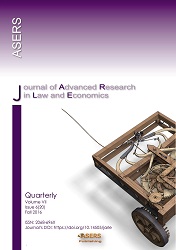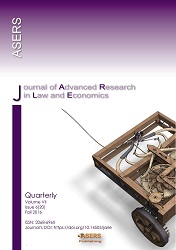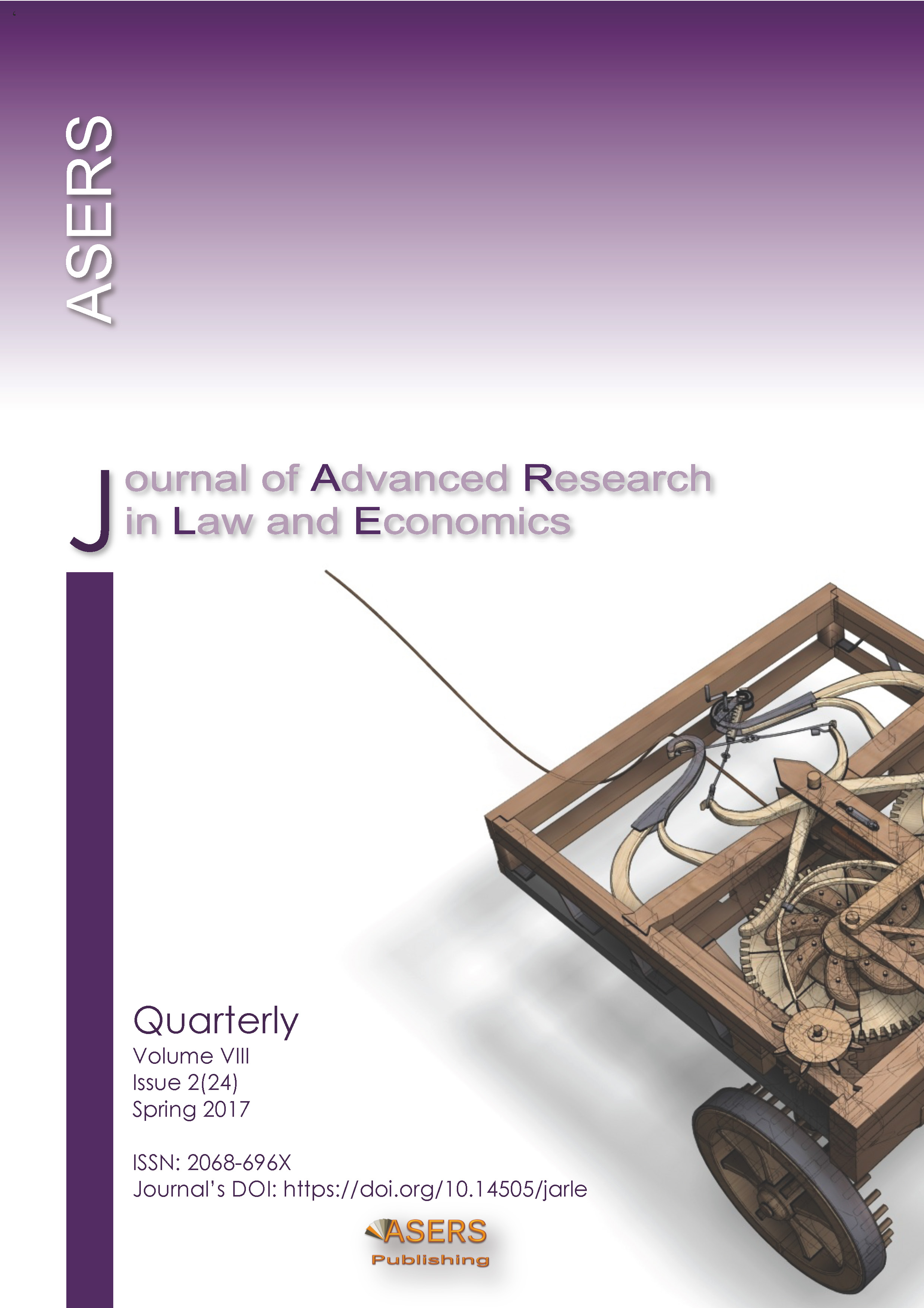
Some Questions Regarding the Harmonization of the Eurasian Economic Union States’ Labor Legislation
This paper reflects modern approaches to the application of international norms and legal acts in the field of legal regulation of labor from the perspective of international labor law, the extension of international labor standards to the national legislation and vice versa – the influence of national legislation on the state of international labor law, with a view to finding possibilities of the rapprochement and harmonization of Eurasian Economic Union states’ labor legislations. The author describes how the bodies of legislative power effect the work of International labor law, labor legislation activities within the framework of the Eurasian Economic Union, analyzed the negative and positive aspects of cooperation with the Eurasian Economic Union, especially of the Republic of Kazakhstan. In this study, there were used methods of analysis, synthesis, as well as comparative-legal method as one of the main historical one. As a result of this study, there is a need to harmonize Eurasian Economic Union States’ labor legislation for the convergence of norms, rather than unification. Harmonization should take place by means of ratification in parliament of each Eurasian Economic Union state, as a separate statutory instrument. Taking into account national peculiarities of each state and developing legal projects that satisfy the state, based on recognized international principles and standards.
More...

